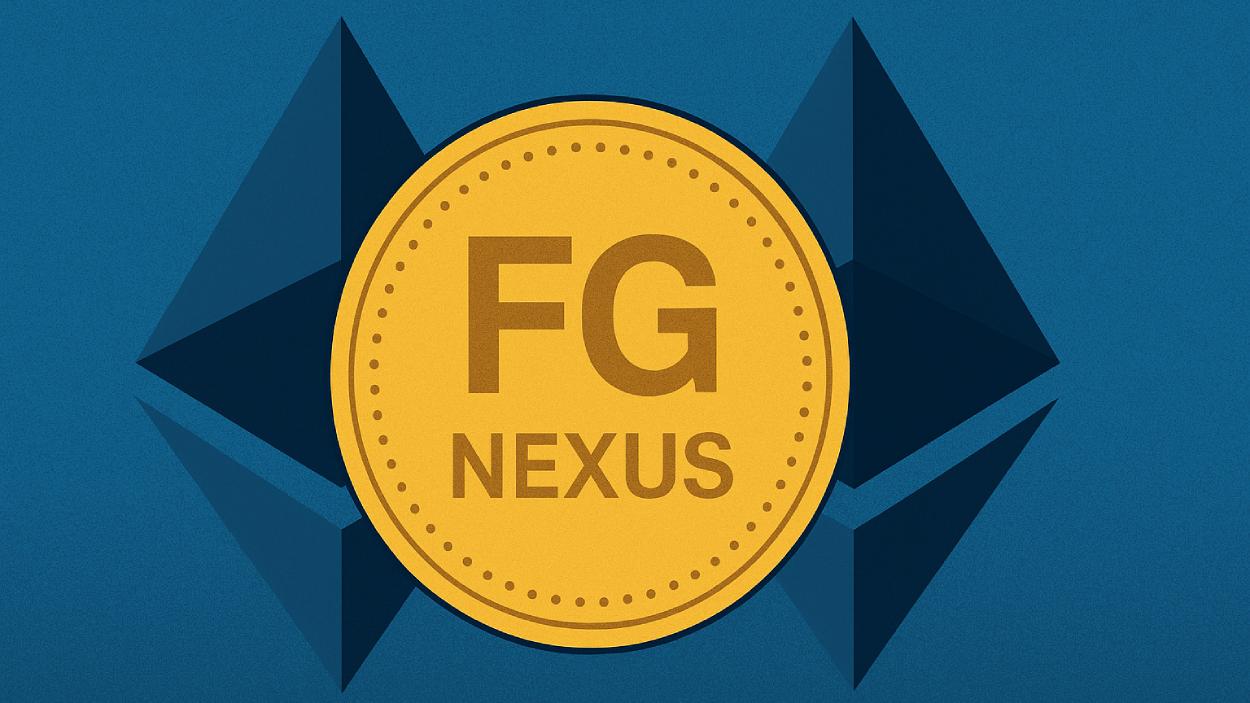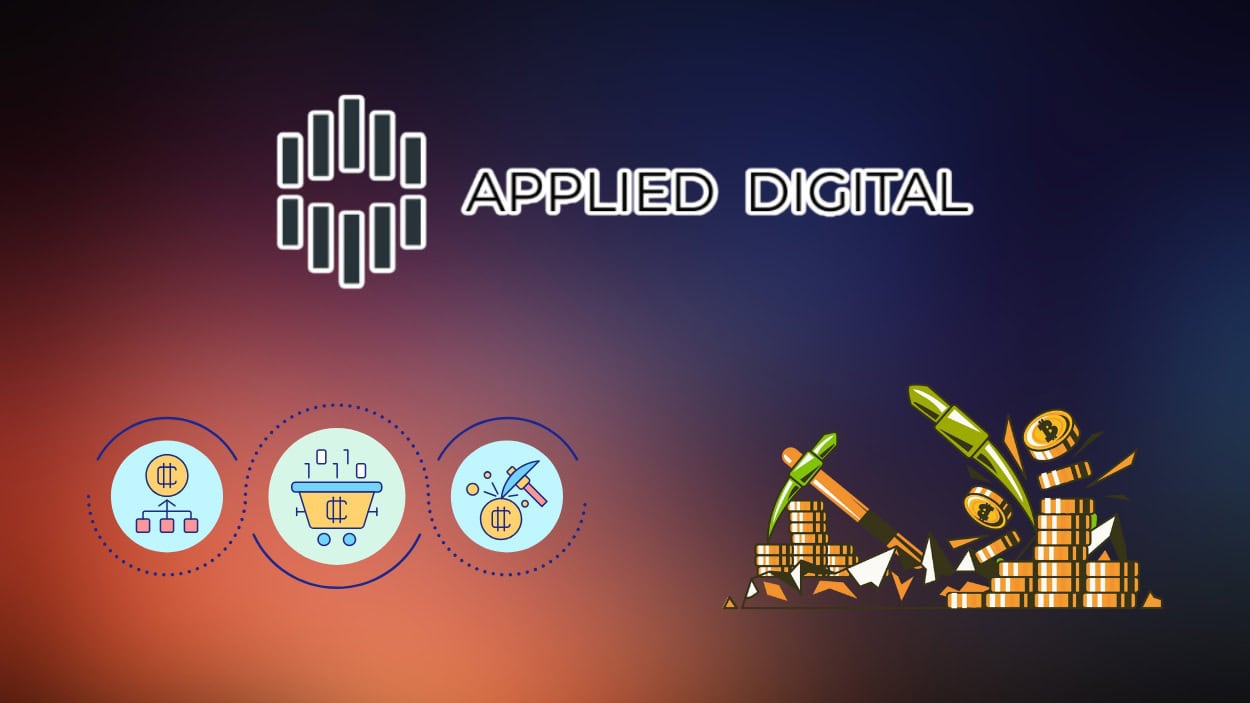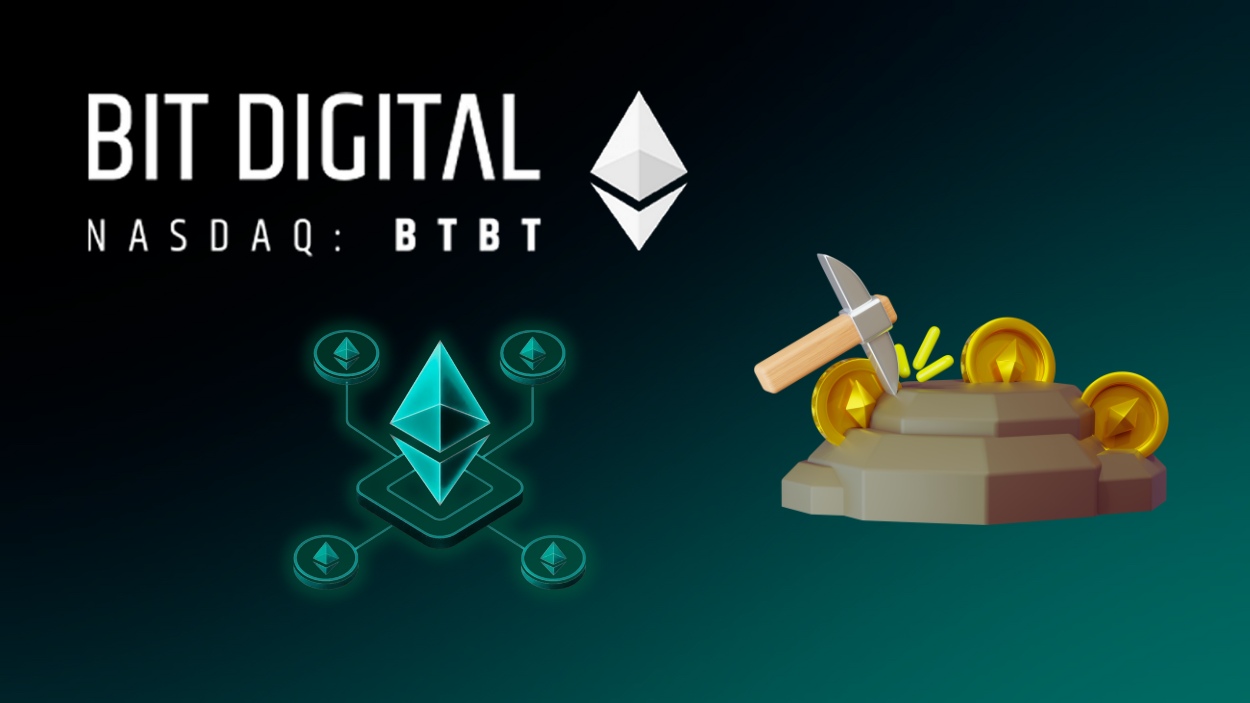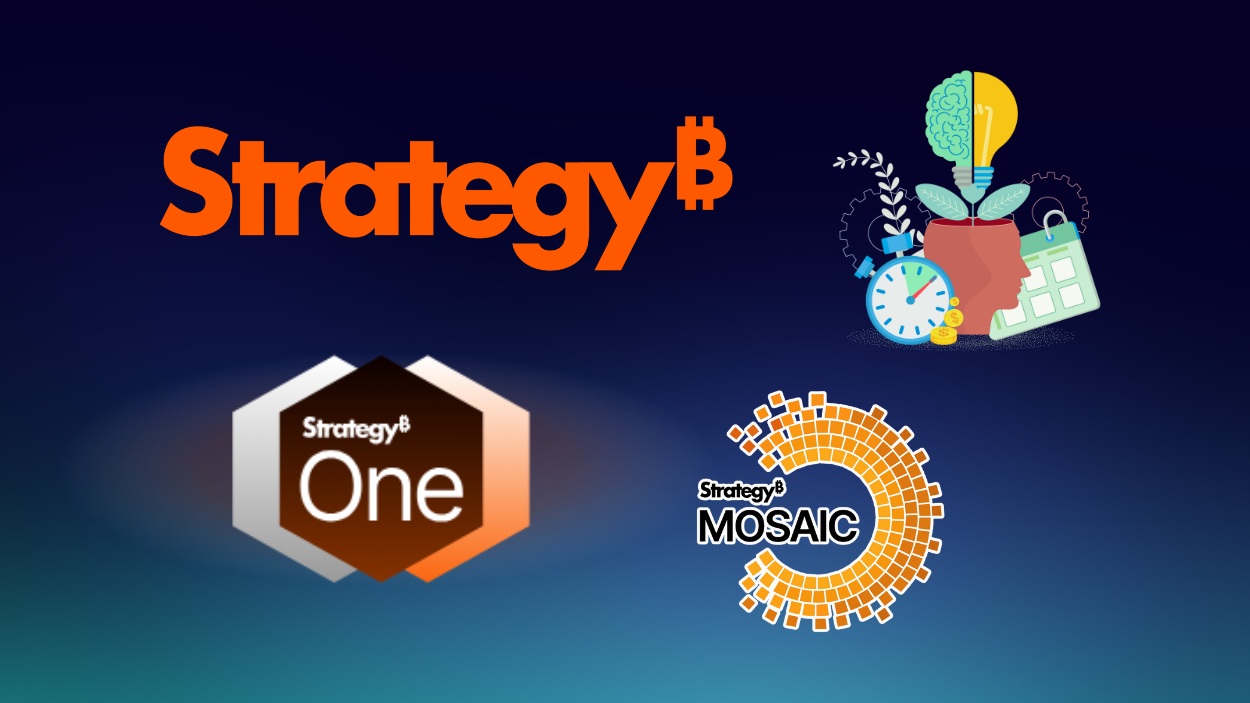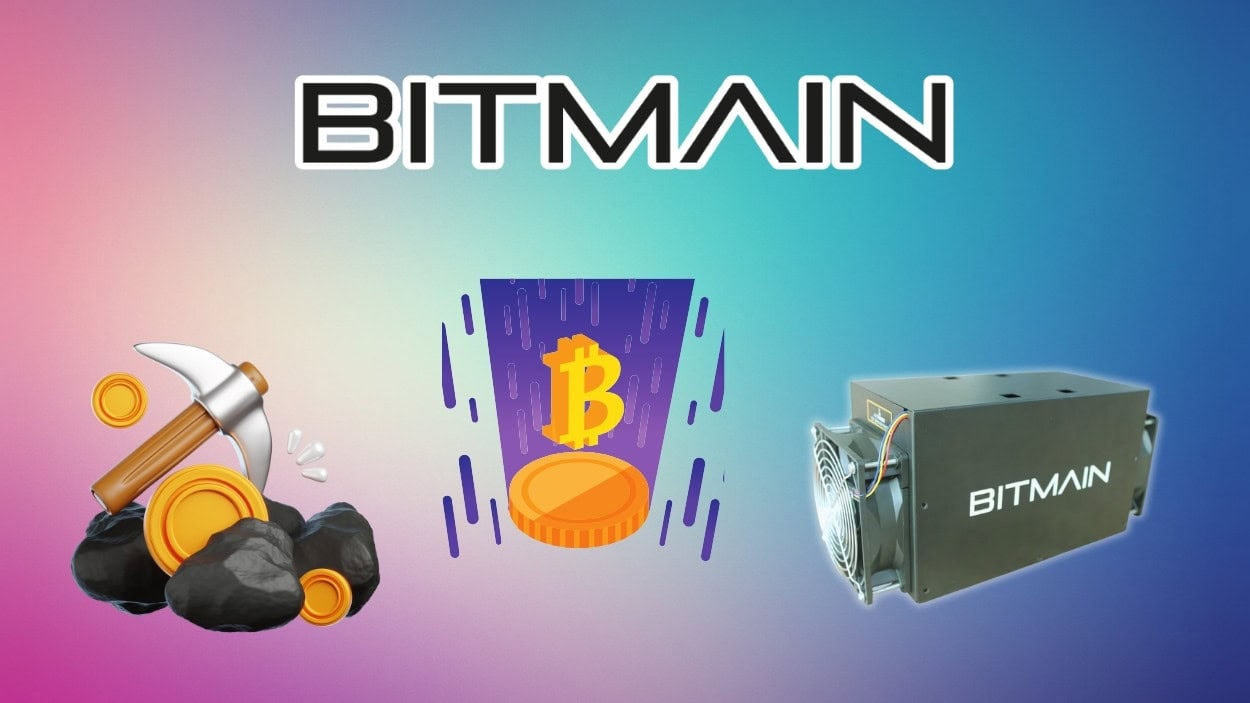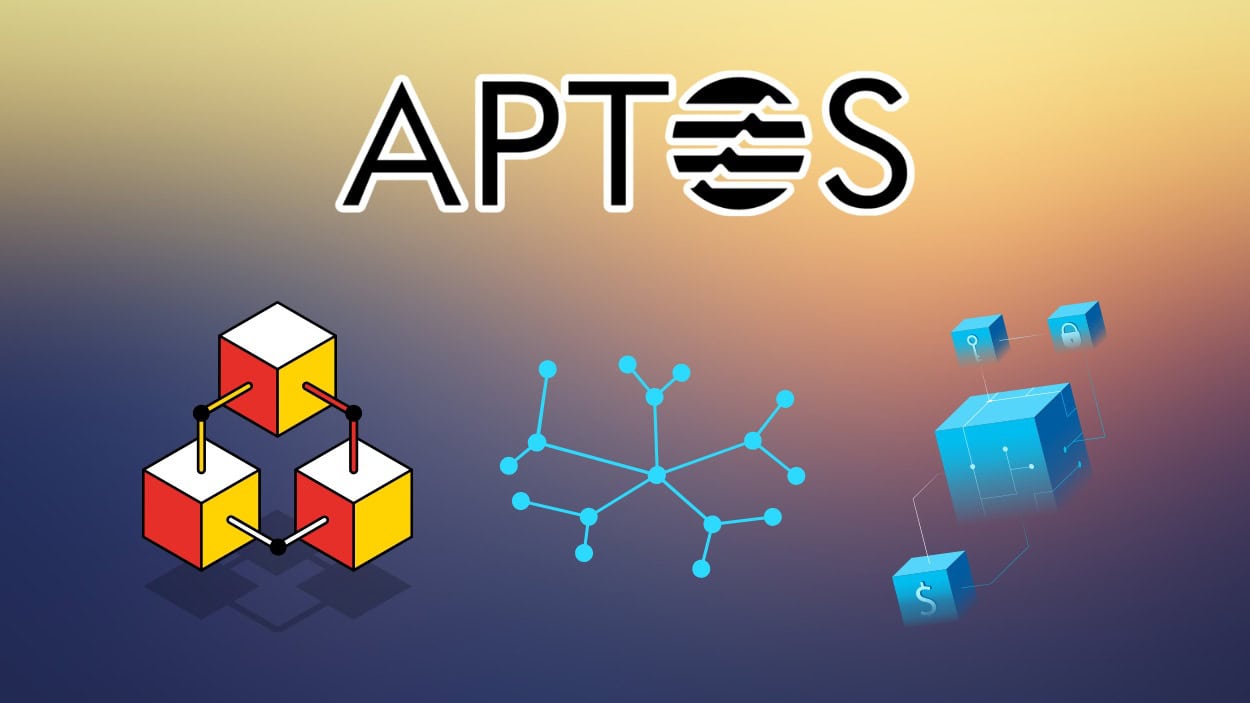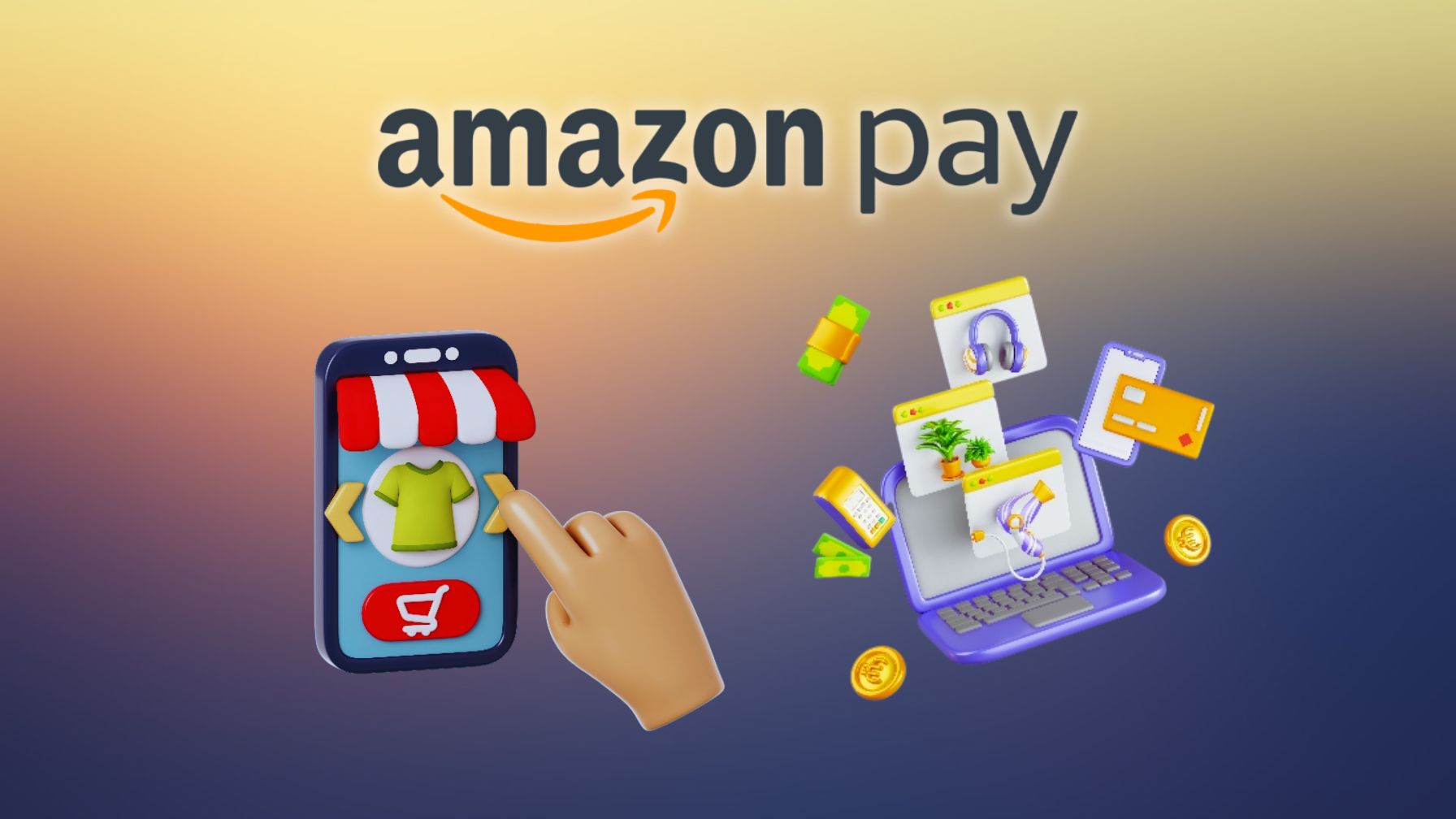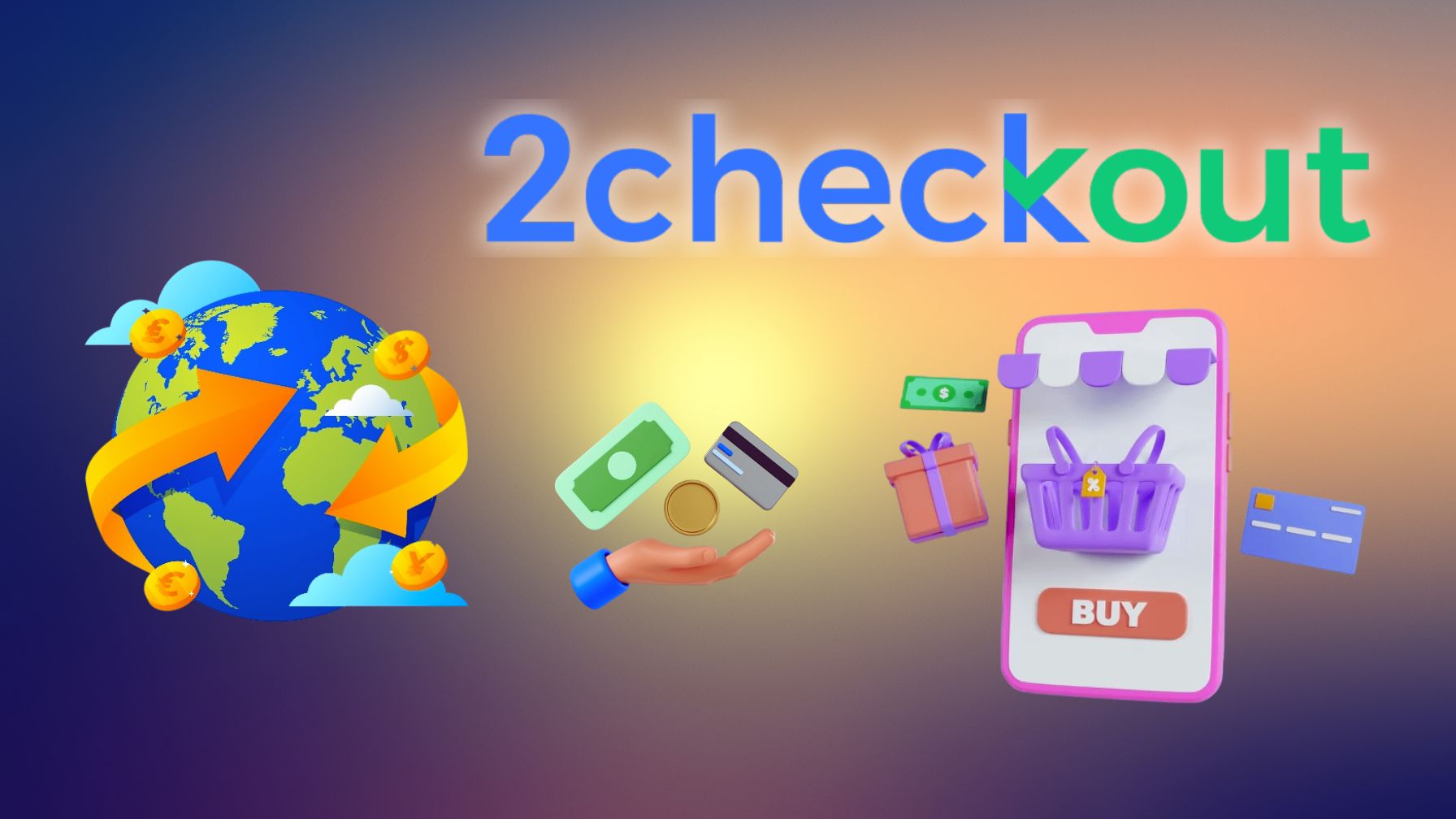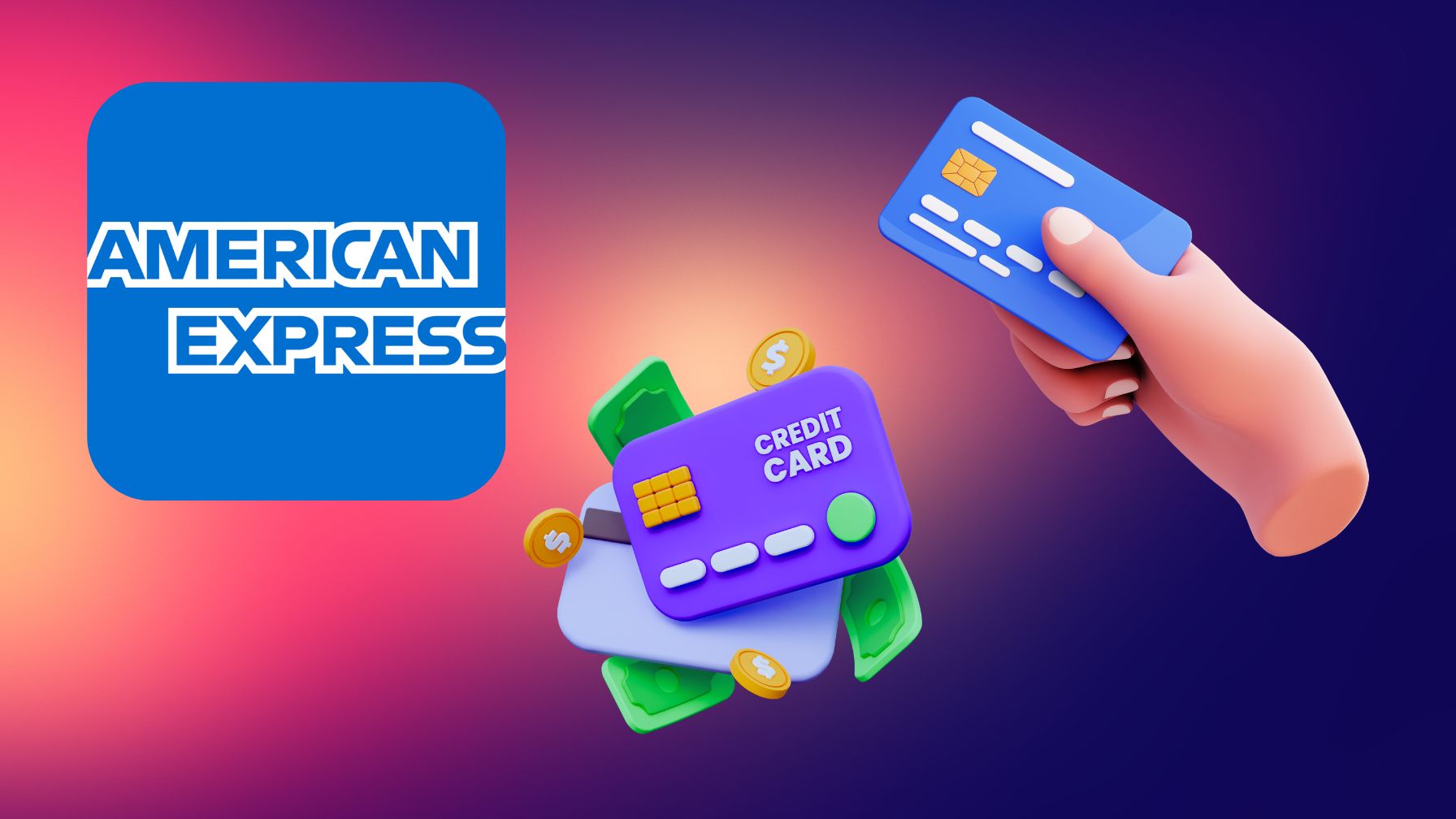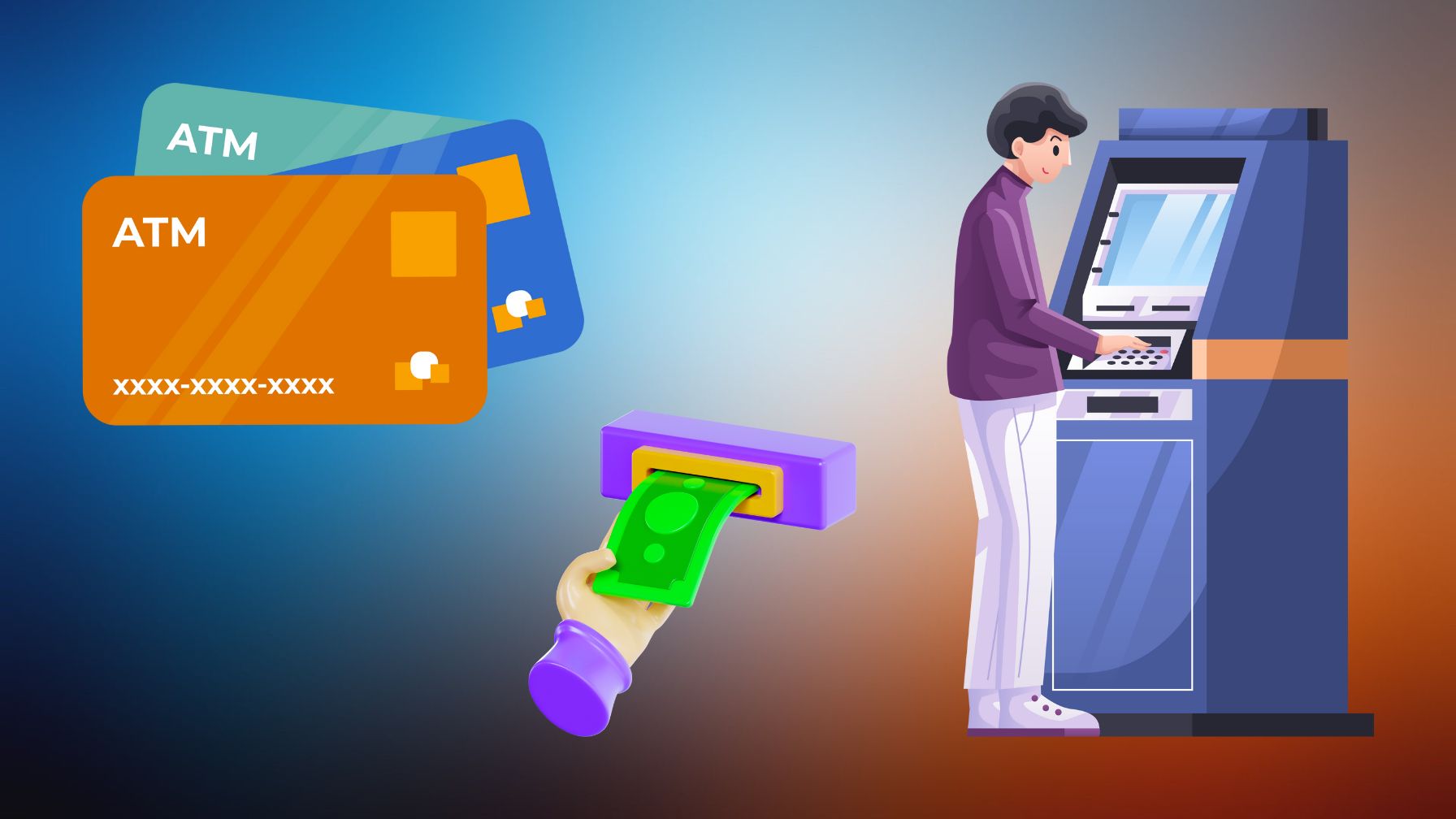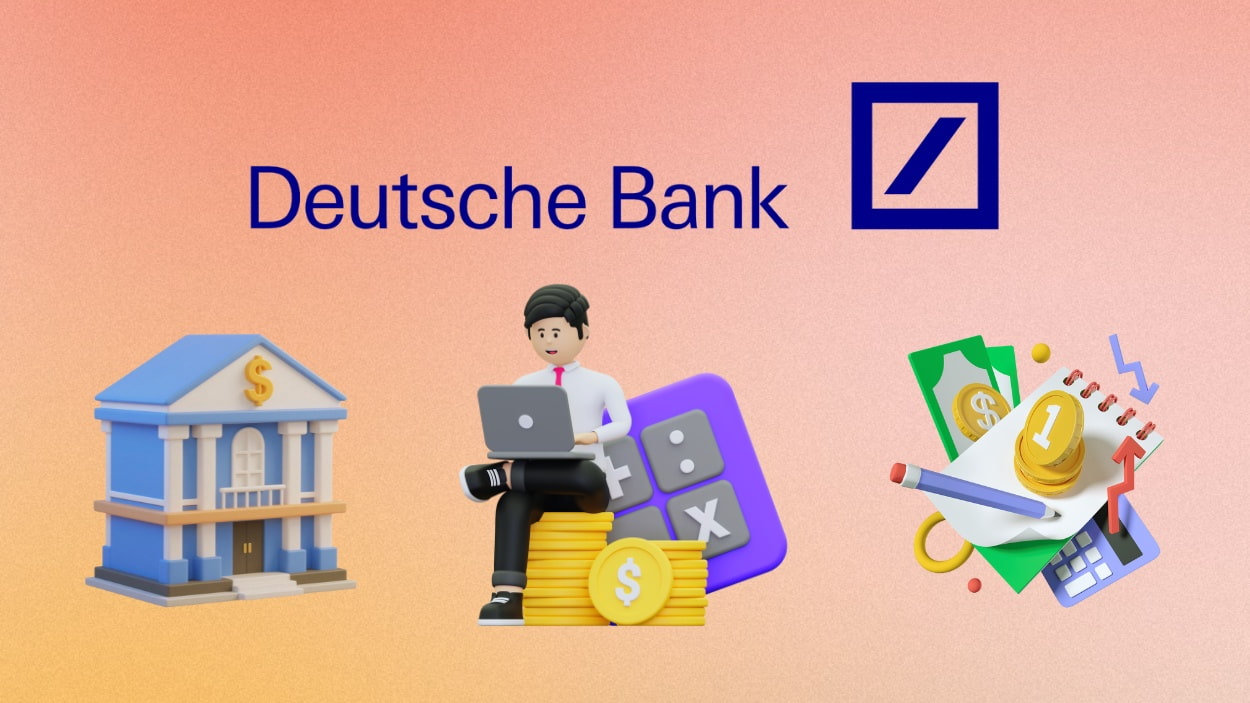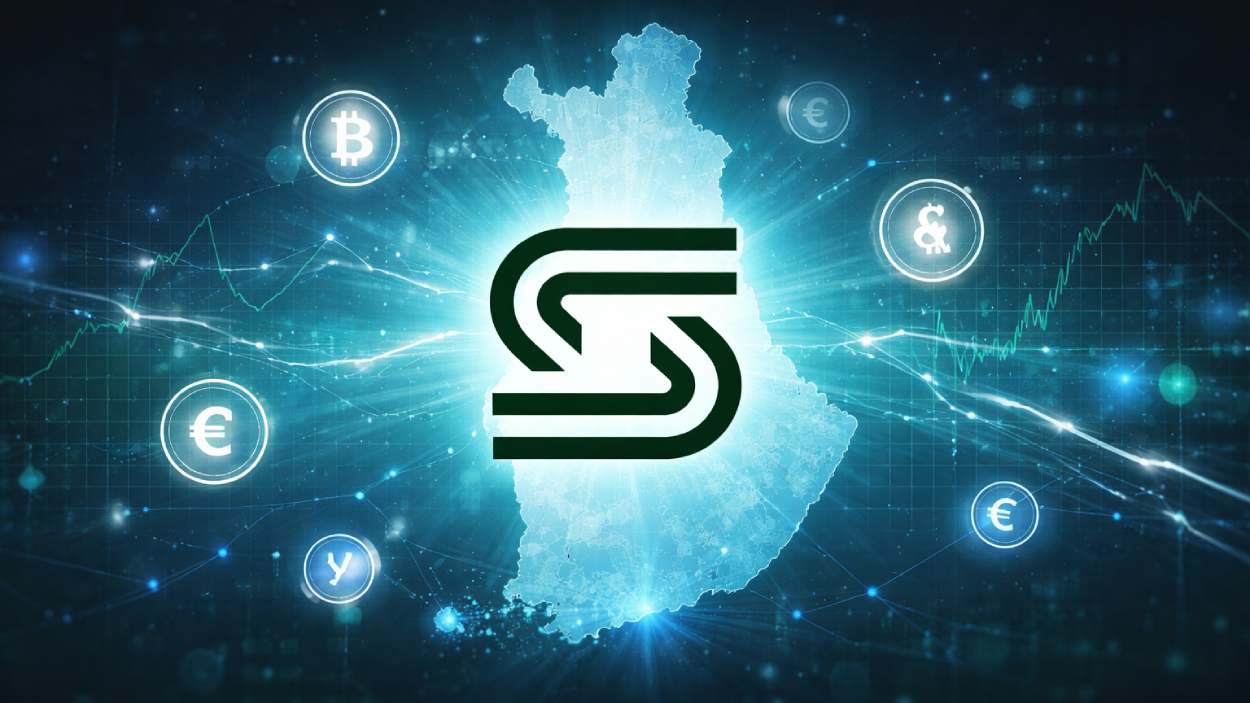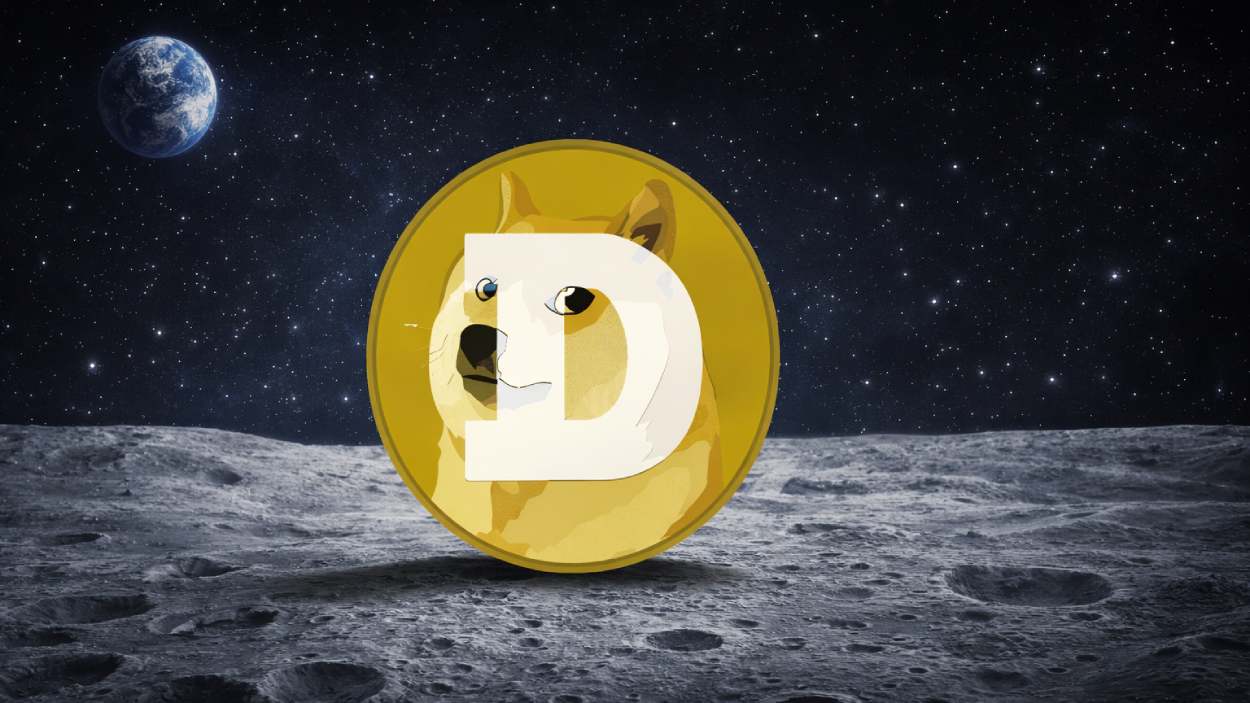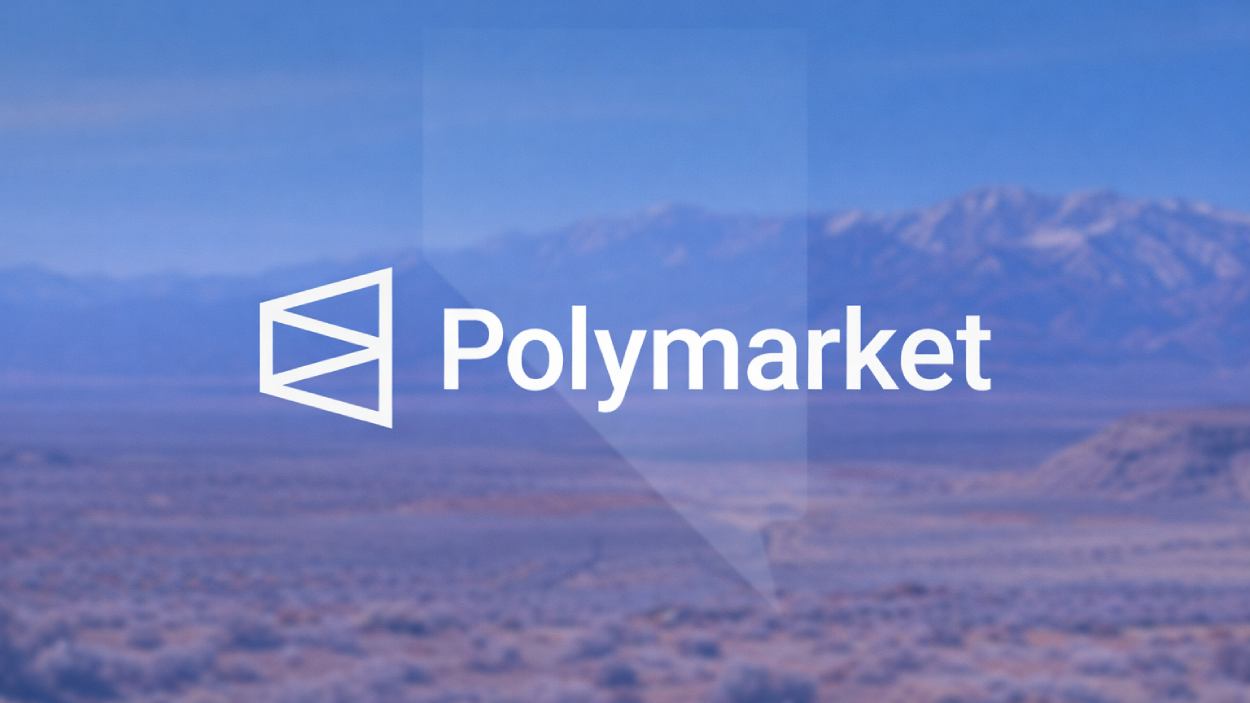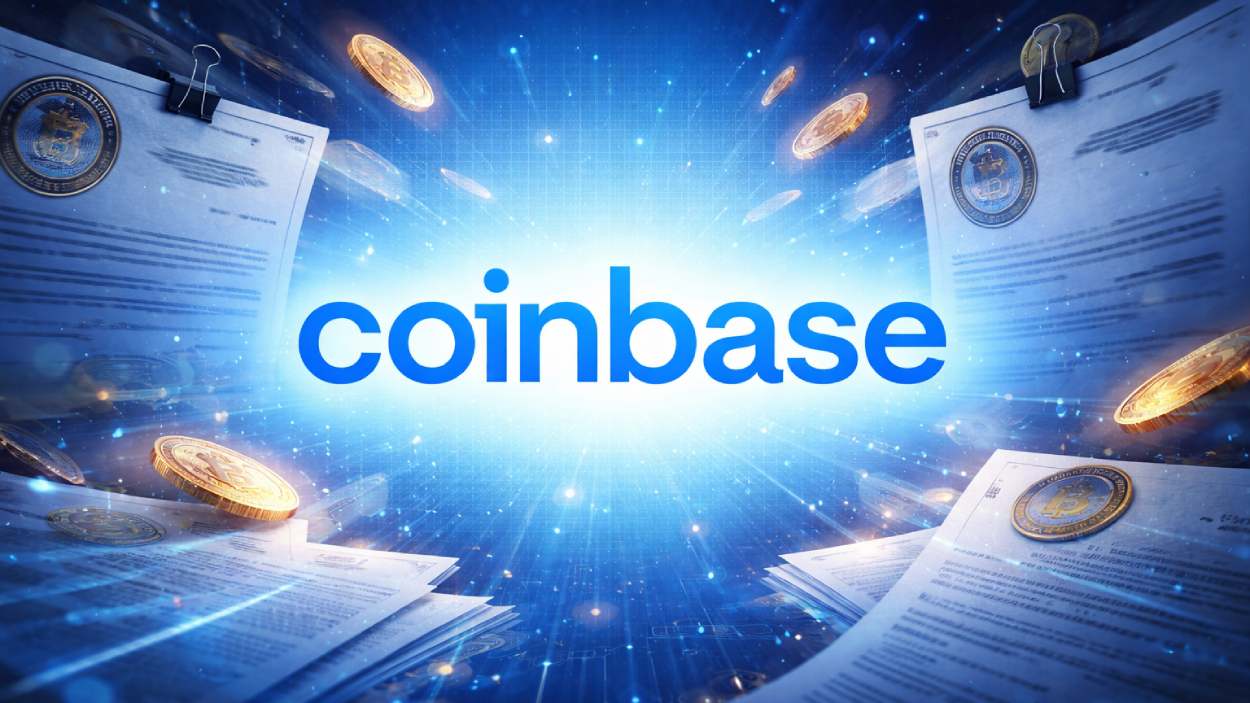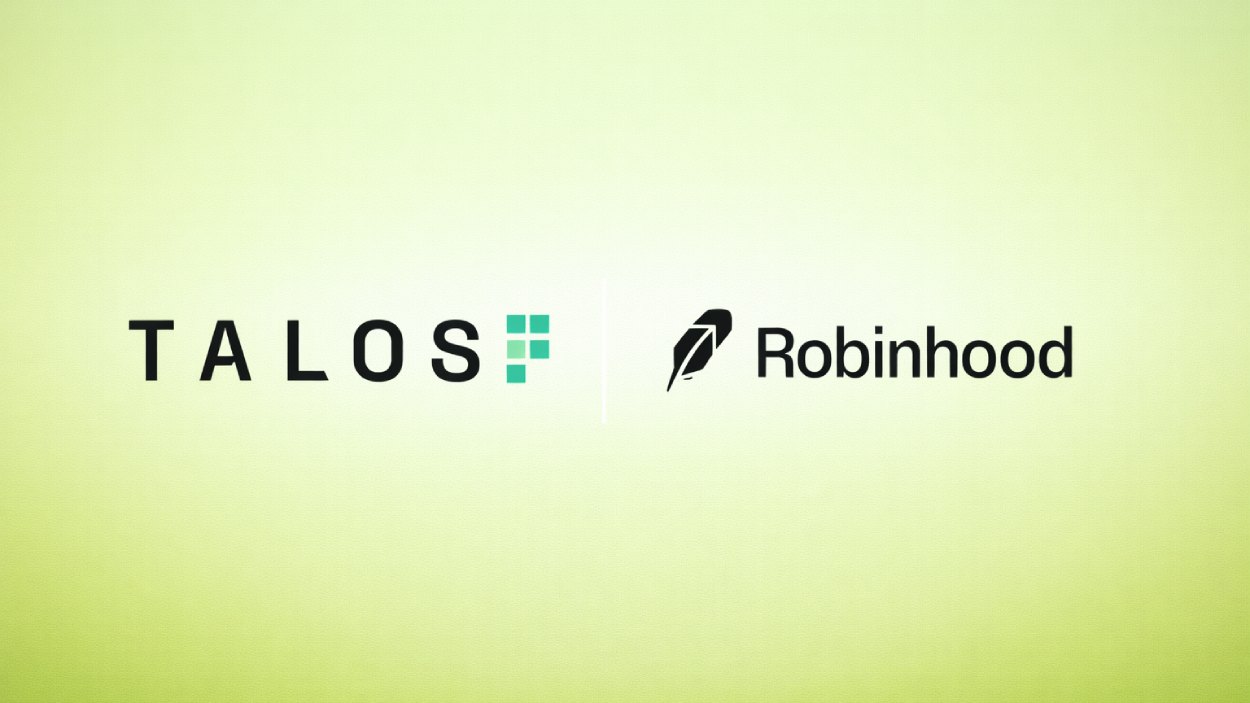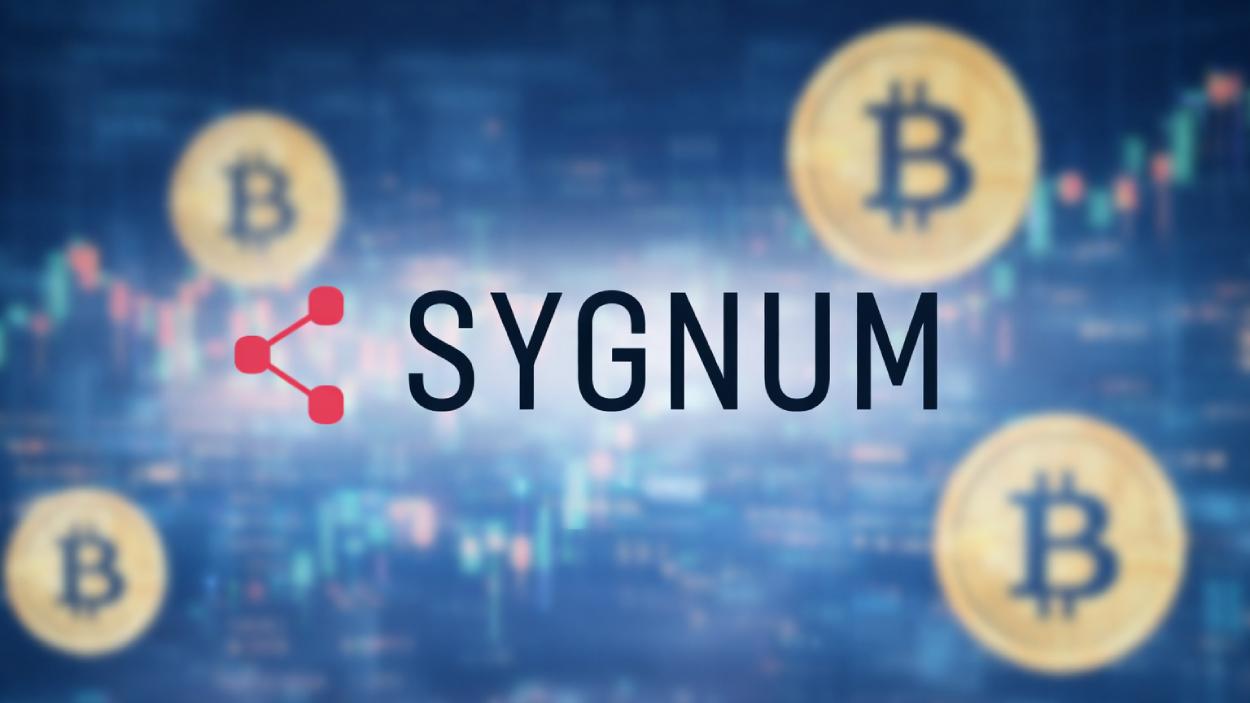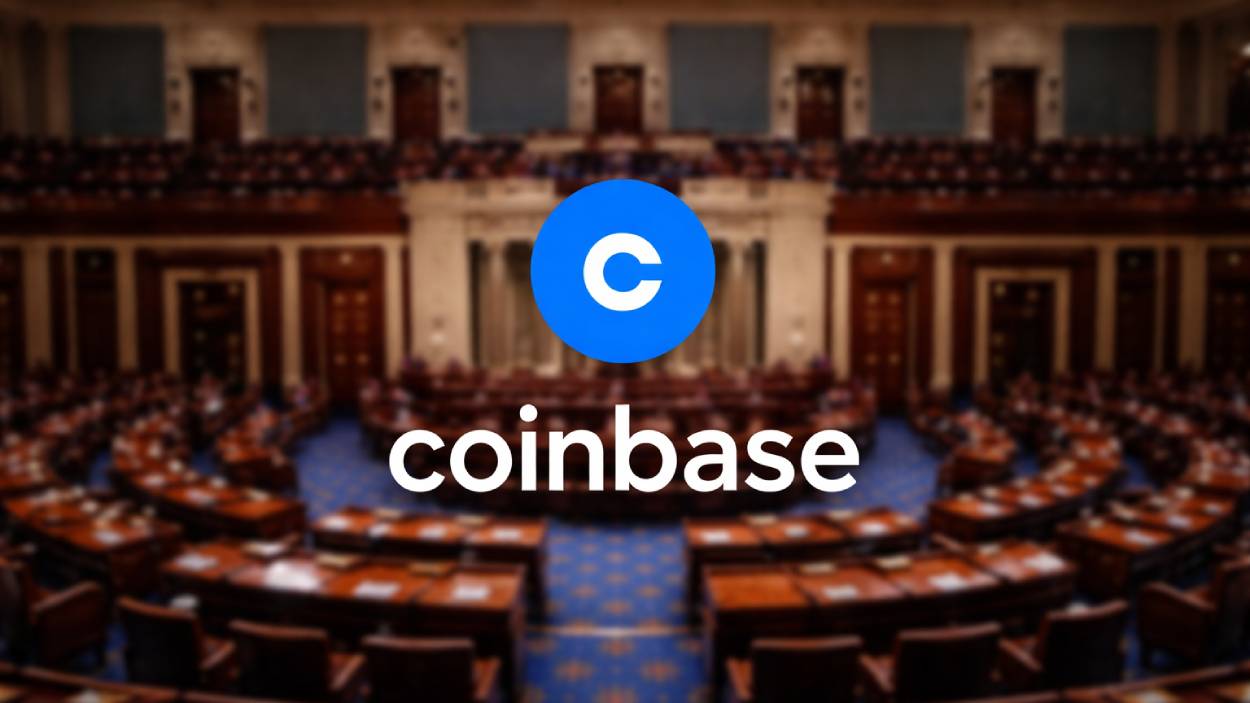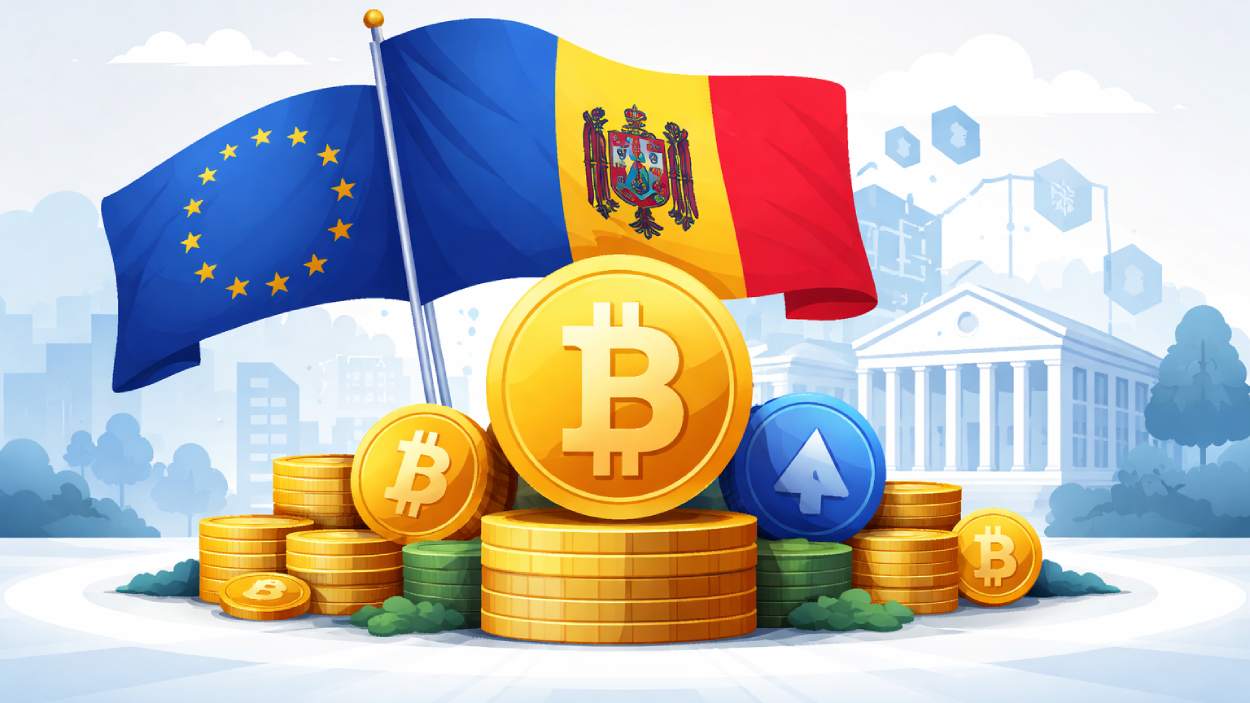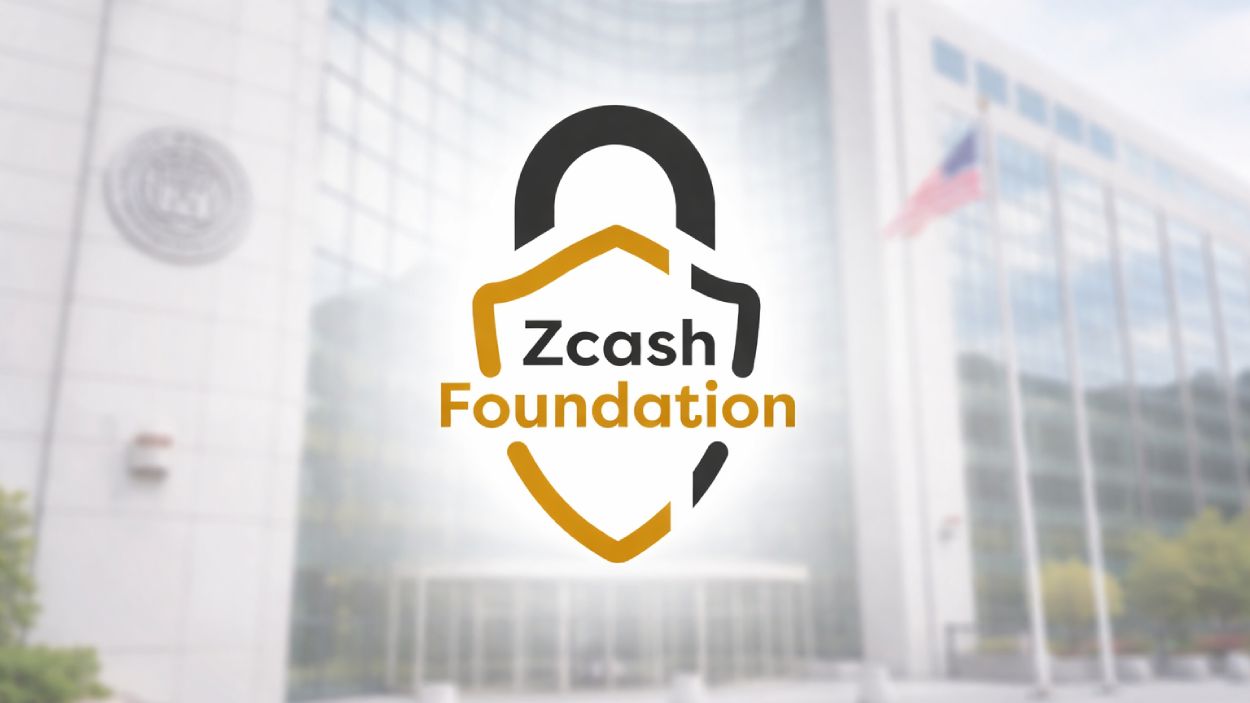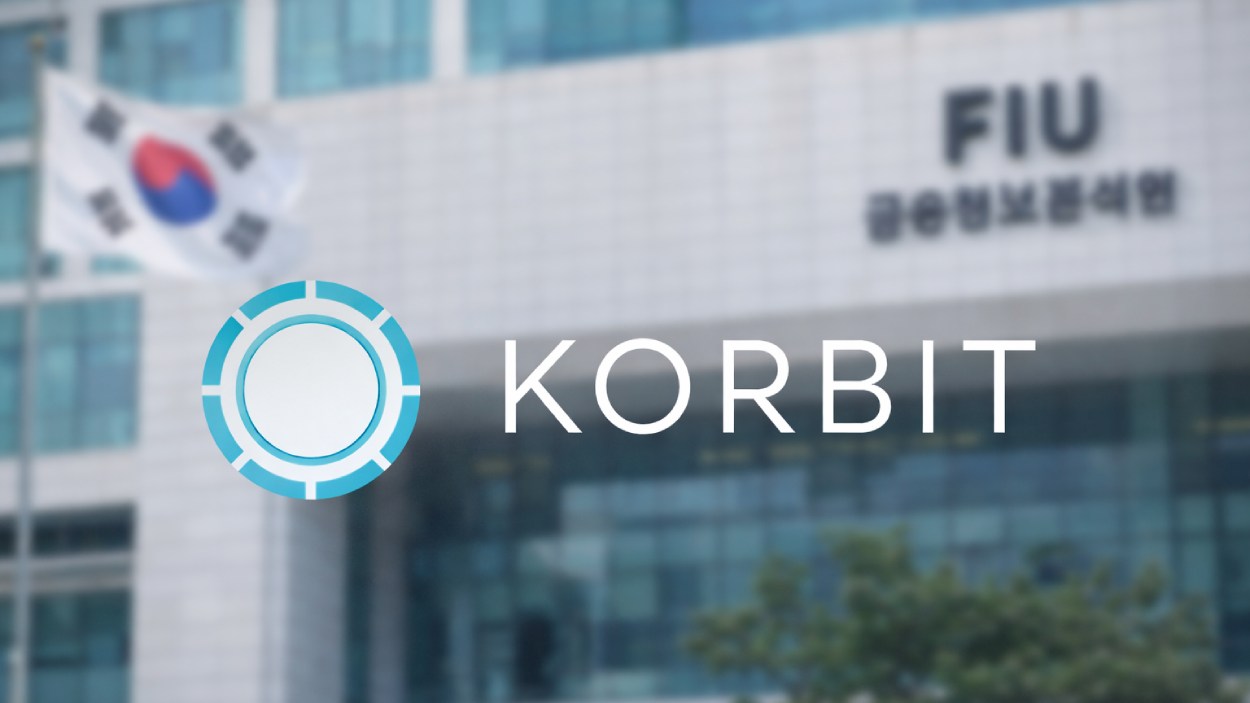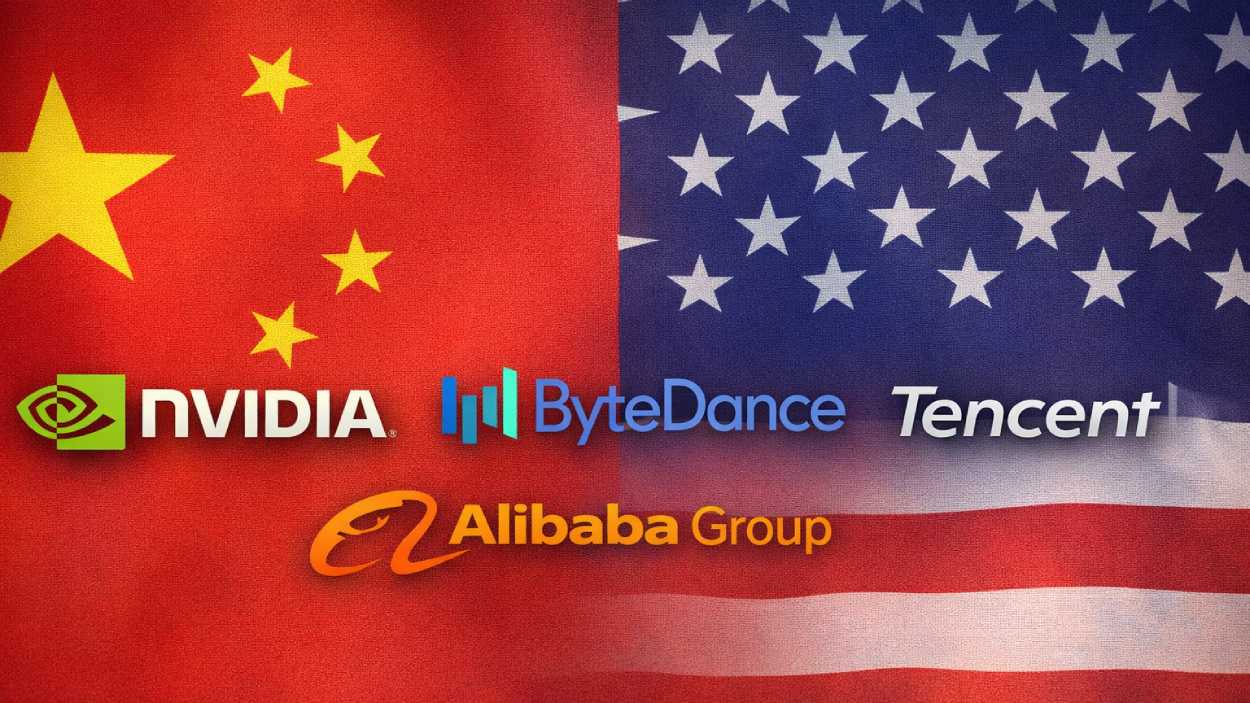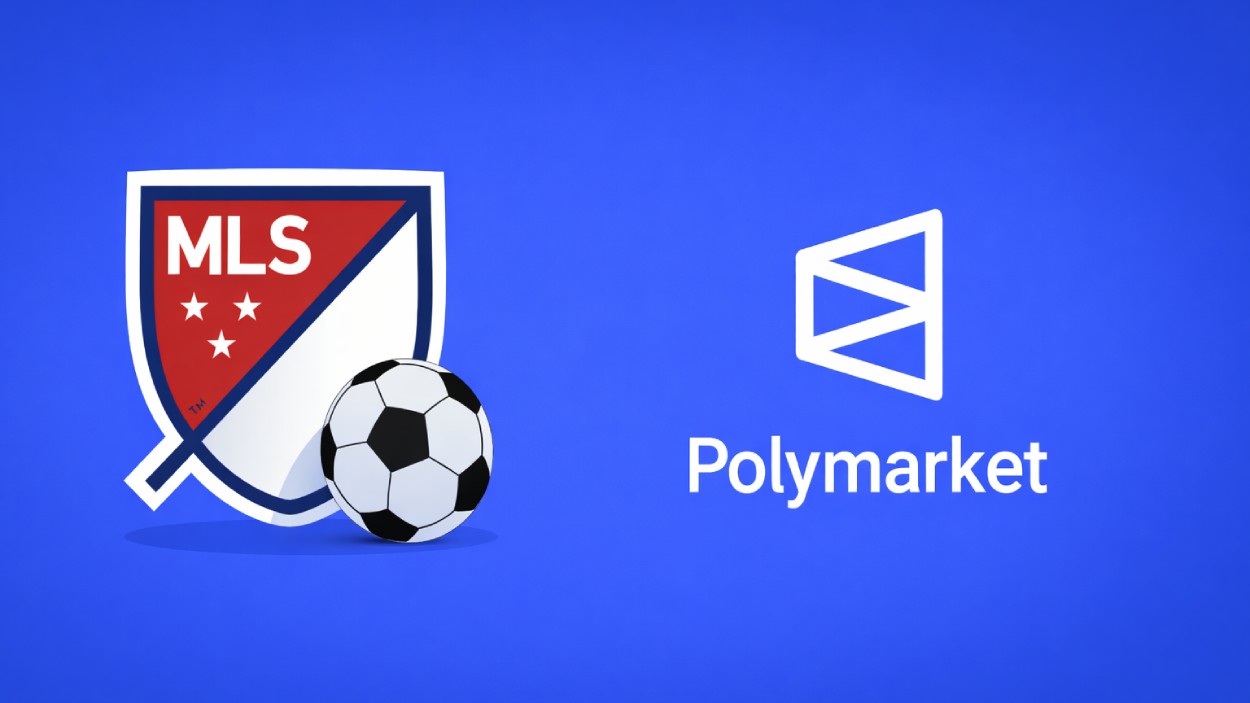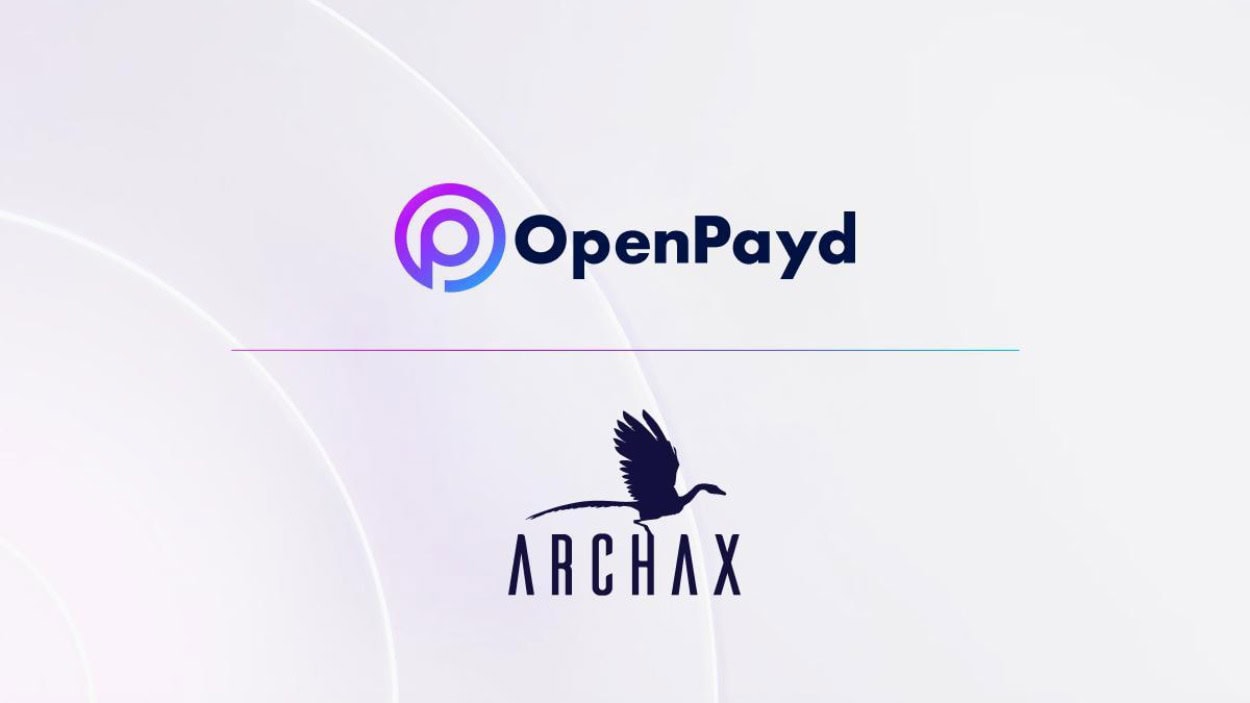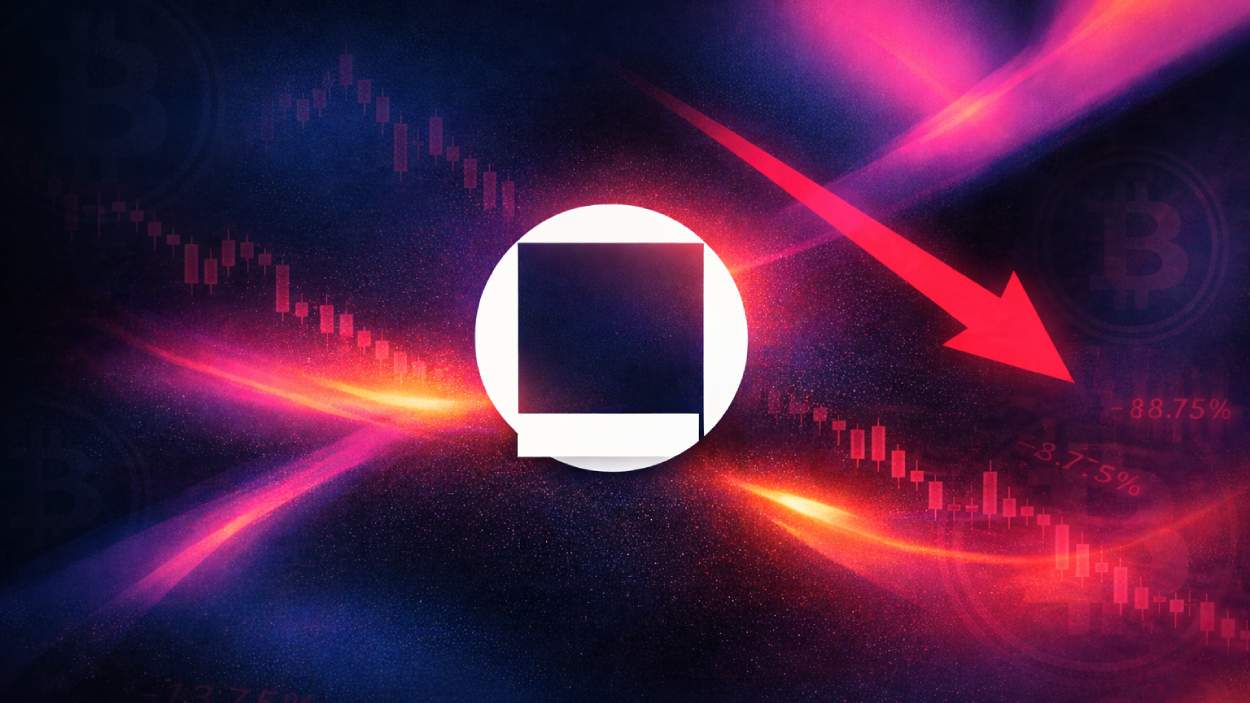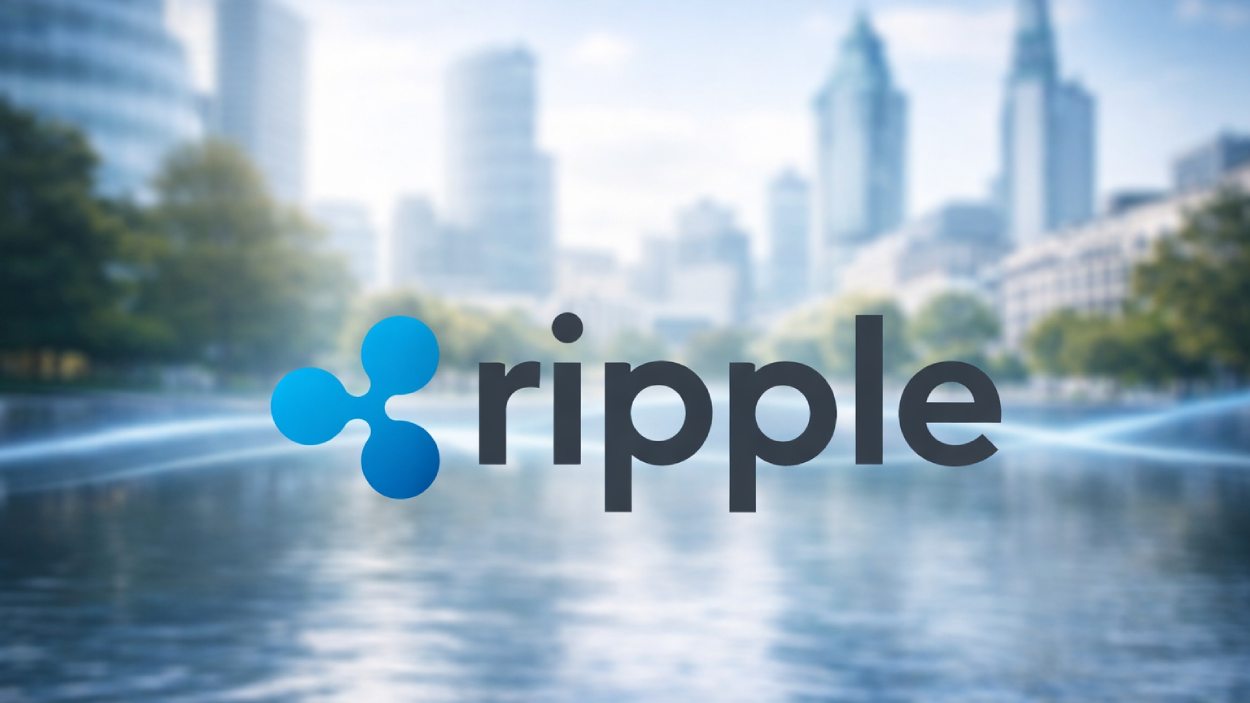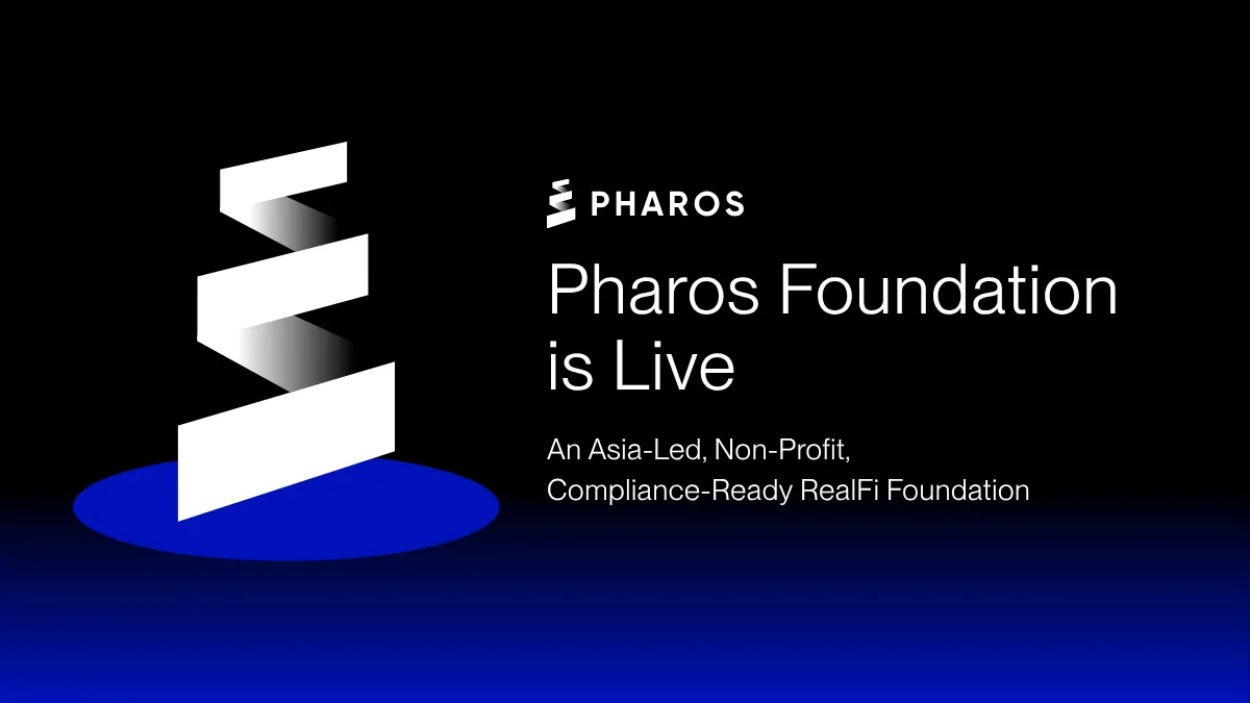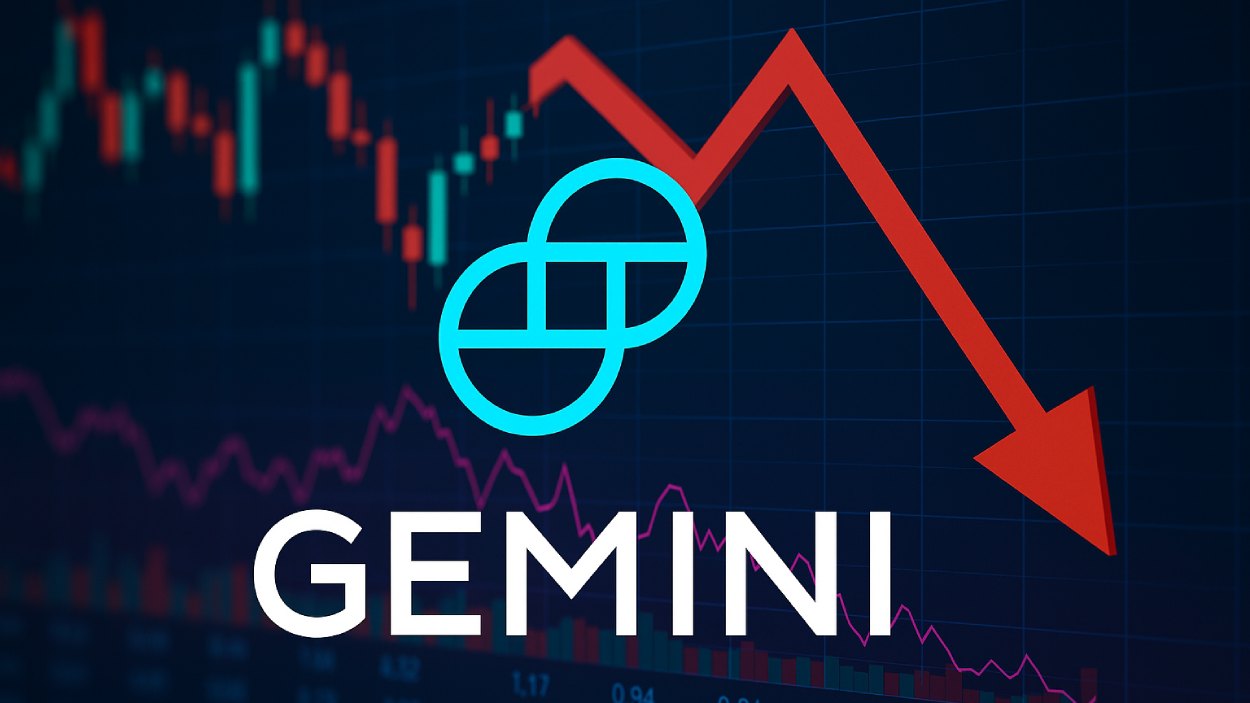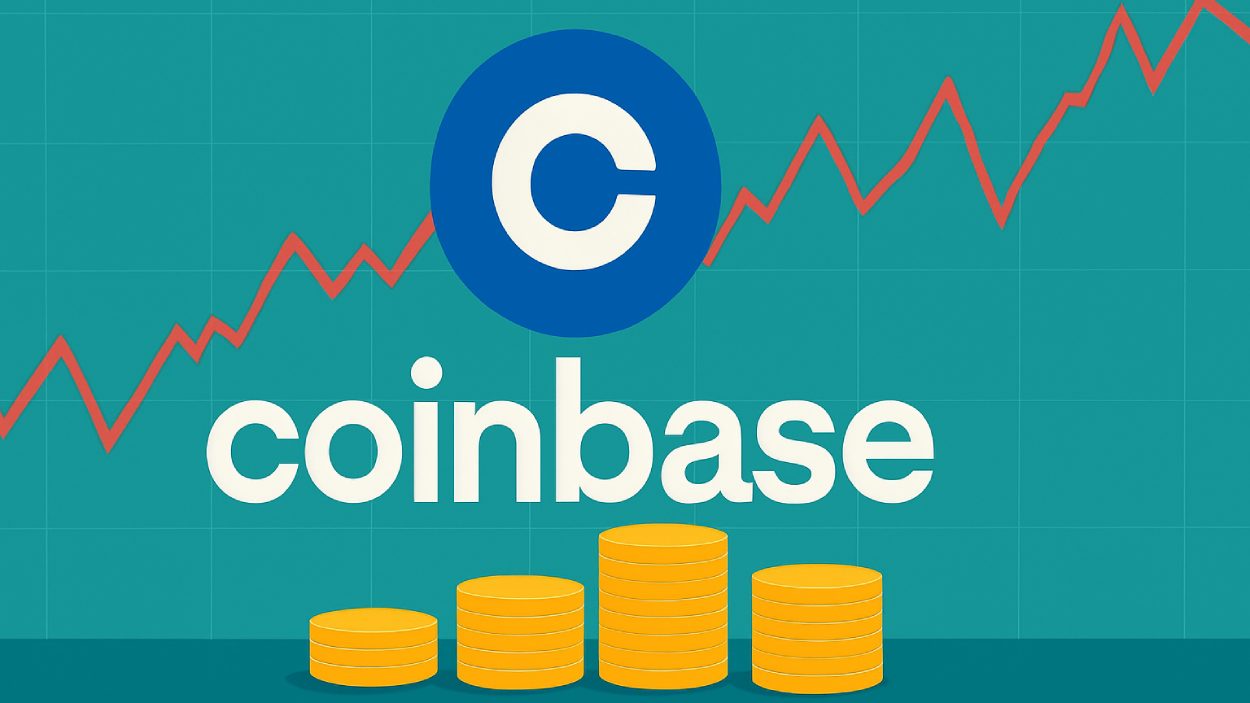FG Nexus has entered into a landmark agreement with Securitize to natively tokenize its common and preferred shares on the Ethereum blockchain. The move positions the company among the first Nasdaq listed firms to offer tradable, legally recognized equity in token form.
Key Takeaways
- FG Nexus and Securitize will let shareholders elect to convert common and preferred shares into Ethereum based tokens that carry the same rights as traditional stock.
- FG Nexus will be the first U.S. exchange listed company to fully tokenize a dividend paying preferred share (ticker FGNXP).
- The tokenization relies on Securitize’s SEC registered broker dealer, Alternative Trading System (ATS), and transfer agent infrastructure to maintain regulatory compliance and legal enforceability.
- FG Nexus has also been building out an Ethereum focused treasury, raising about $200 million in a private placement and now holding roughly 47,000 ETH (valued near $208 million).
What Happened?
On October 2, FG Nexus and Securitize made public their agreement to tokenize FG Nexus’s shares on Ethereum, allowing shareholders to convert their holdings into digital tokens. The initiative will begin with the company’s common stock (FGNX), then expand to tokenizing the perpetual preferred equity (FGNXP), bringing dividend streams fully onchain for the first time in U.S. public markets.
The tokenized shares are intended to maintain all legal rights and protections of traditional shares, while enabling real time settlement, automated compliance, and the ability to trade them onchain via Securitize’s regulated ATS. Following the announcement, FG Nexus was reported to have gained in its stock price, reflecting market interest in this novel approach.
FGNX stock on @Ethereum, tokenized by Securitize. pic.twitter.com/8YoLduvfLK
— Securitize (@Securitize) October 2, 2025
Bridging TradFi and Blockchain
Tokenizing public equities in a native, legally enforceable form has long been a goal in the digital asset space. FG Nexus’s move signals that major public companies may soon bridge traditional financial markets and blockchain infrastructure. The ability to hold real stock onchain, not synthetic versions, could reshape how equity is issued, traded, and settled.
First Mover on Dividend Paying Preferred Shares
By tokenizing FGNXP, FG Nexus seeks to bring onchain dividend payments to public markets. That means distributions could flow directly into token holders’ wallets via smart contracts, cutting out intermediaries and reducing latency and cost.
Regulatory and Technical Foundations
The partnership with Securitize brings critical regulatory guardrails. Using Securitize’s SEC registered broker dealer status, transfer agent services, and ATS ensures that tokenized shares comply with securities law and maintain enforceable legal rights. The shares will be subject to traditional transfer restrictions, but with the added flexibility of onchain trading and real time settlement.
Supporting Infrastructure & Capital Base
To support this transformation, FG Nexus has aligned its financial strategy closely with Ethereum. The company recently secured $200 million in a private placement and has amassed 47,000 ETH (approximately $208 million at time of reporting) as part of its treasury strategy. This gives it both credibility and skin in the blockchain domain.
Risks and Challenges
- Regulatory uncertainty: While the structure rests on Securitize’s regulated setup, the broader legal landscape for tokenized securities is still evolving.
- Technology and security risks: Bugs, smart contract exploits, or infrastructure failures could jeopardize token holders.
- Market liquidity and adoption: For tokenized shares to function meaningfully, they must attract sufficient trading volume and institutional participation.
- Dual infrastructure complexity: Managing both traditional and tokenized systems in tandem may pose operational and reconciliation challenges.
CoinLaw’s Takeaway
In my view, this is a pivotal moment at the intersection of capital markets and digital assets. FG Nexus is taking a bold leap by backing not just tokenization in principle but putting real, regulated public shares onto Ethereum. If successful, this could catalyze broader adoption of tokenized equity across the U.S. markets.
That said, the execution path is narrow. Legal frameworks, market acceptance, and infrastructure robustness will all be tested. Still, I find it compelling that a Nasdaq listed company is willing to lead in this direction. It underscores that blockchain is no longer just an experiment. It is actively reshaping how ownership and value transfer might work in mainstream finance.

